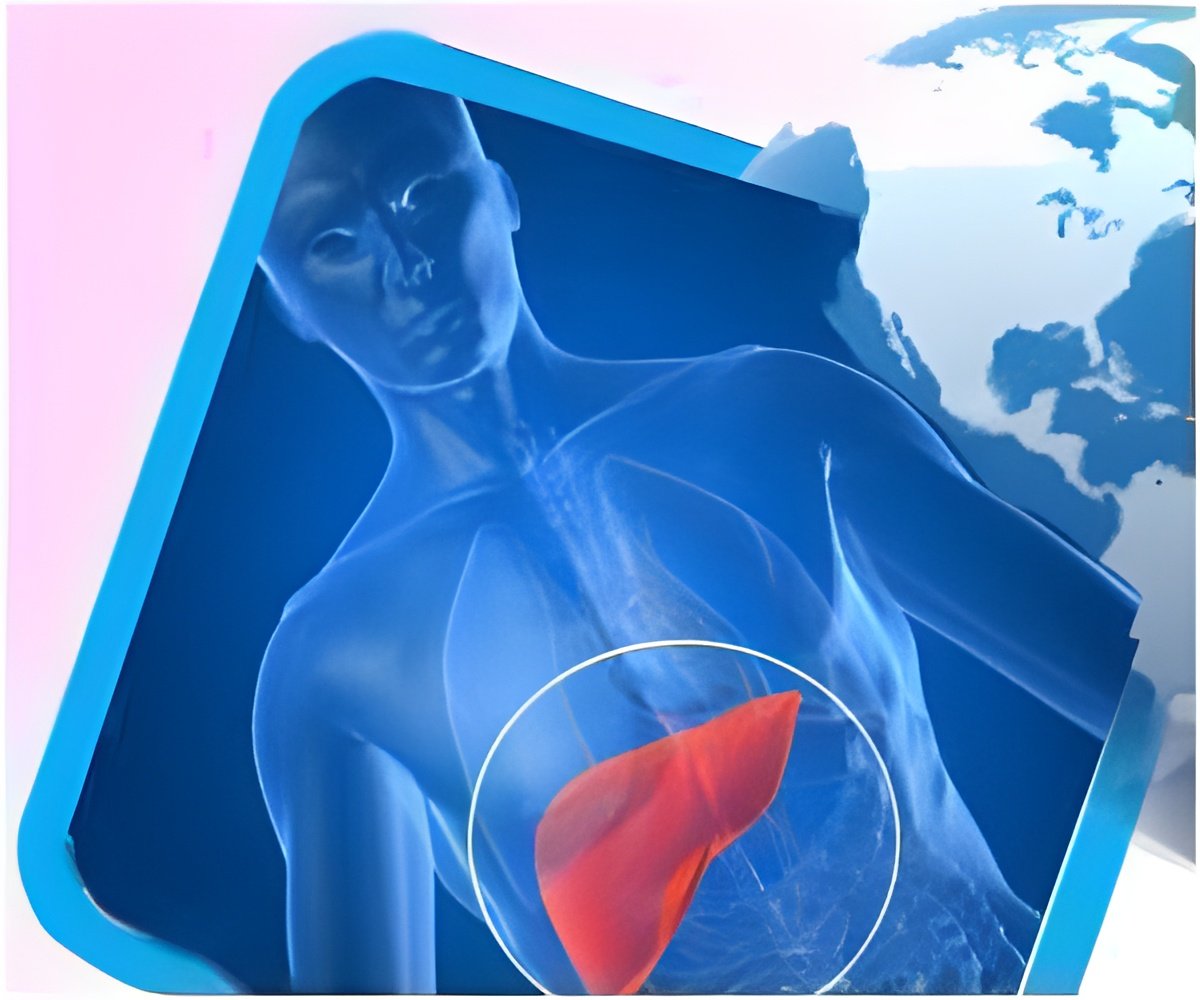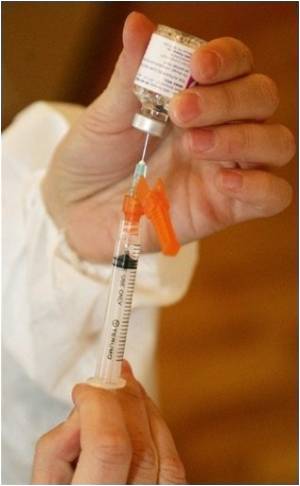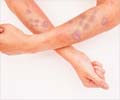This infectious disease can lead to scarring of the liver, cirrhosis, and eventually liver failure. A significant number of infected patients develop liver disease or cancer.

"We now have several new compounds we can test to see if they reduce virus infection," said Dr. French. "The positive thing about this family of compounds is that they are nontoxic, and can be taken at high doses. Bioflavonoids represent a very promising therapy with very few side effects that could help millions of people."
About Experimental Biology 2011
Experimental Biology is an annual gathering of six scientific societies that this year is expected to draw 13,000-plus independent scientists and exhibitors. The societies represented are: American Association of Anatomists (AAA), American Physiological Society (APS), American Society for Biochemistry and Molecular Biology (ASBMB), American Society for Investigative Pathology (ASIP), American Society for Nutrition (ASN) and the American Society for Pharmacology and Experimental Therapeutics (ASPET).
About the American Society for Investigative Pathology
The American Society for Investigative Pathology (ASIP) is a society of biomedical scientists who investigate mechanisms of disease. Investigative pathology is an integrative discipline that links the presentation of disease in the whole organism to its fundamental cellular and molecular mechanisms. It uses a variety of structural, functional, and genetic techniques and ultimately applies research findings to the diagnosis and treatment of diseases. ASIP advocates for the practice of investigative pathology and fosters the professional career development and education of its members.
Source-Newswise















